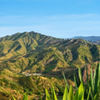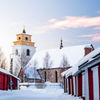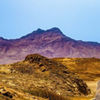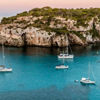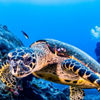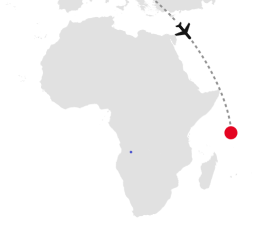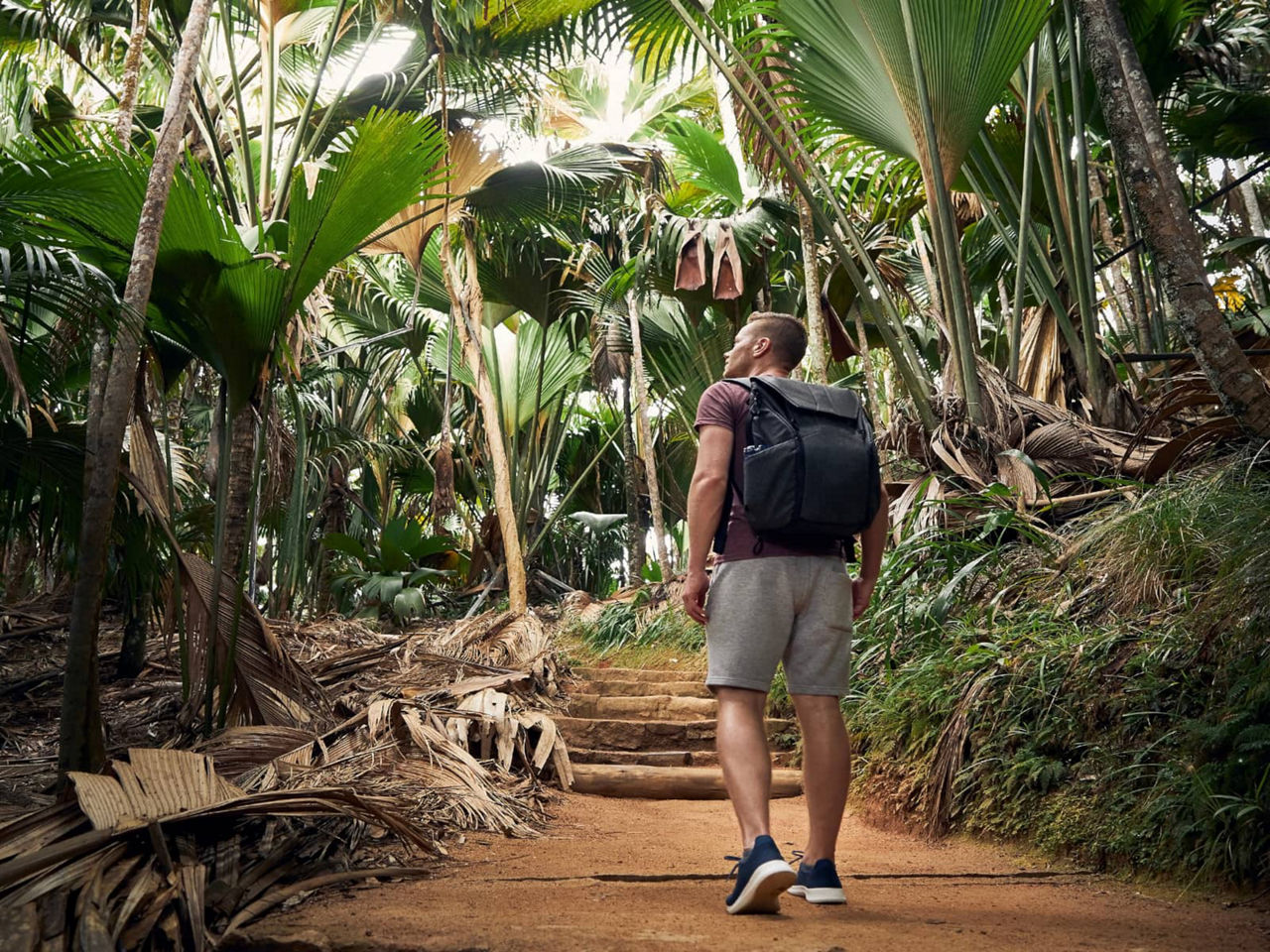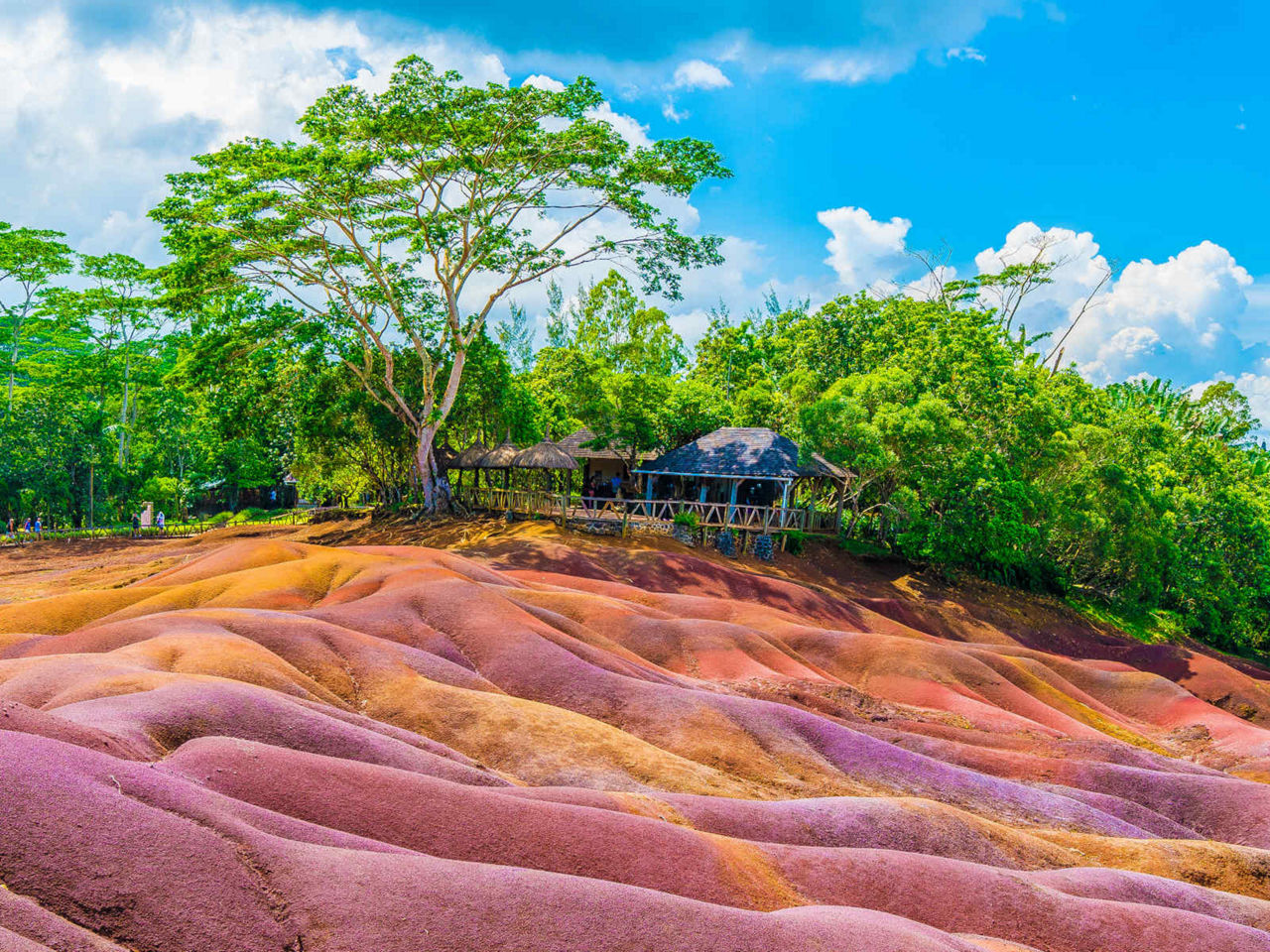The Seychelles have the largest number of nature reserves in the world. Due to the tropical climate, they offer a habitat for countless animals, insects, plants, and have an incredibly large biodiversity. The impressive underwater world and the hilly forest landscape also make the destination to a very unique travel choice.


Aldabra Atoll
If you want to discover the original flora and fauna of the Seychelles, visit the Aldabra Atoll. It is the largest atoll in the Indian Ocean and is under strict protection. You can visit the UNESCO World Heritage Site on a day trip and under strict conditions. It is definitely worth a visit as you will experience natural wonders of the animal and plant world.

Bird life
The bird life of the archipelago is extremely rich in species. However, due to the islands' years of isolation – the Seychelles were uninhabited until the 18th century – there are very few colourful birds. Still, this does not make the flying species any less attractive. Flying beauties are the special black parrot, the rare Seychelles daedal, or the white-tailed tropicbird.


Turtles
Whether on land or underwater, the Seychelles are known for their unique population of turtles. Various species of reptiles live on the archipelago. These include the hawksbill turtle which is a representative of the sea turtles. This species likes to stay in clear coral reefs. The Aldabra giant tortoise (a land turtle) is also at home in the archipelago. Fun fact, this turtle can drink through its nostrils.

Seychelles flying fox
At dusk, a unique spectacle of the Seychelles flying foxes (Pteropus seychellensis) can be observed. The animals glide over the tropical rainforest and go on their nocturnal search for food. They have an impressive wingspan of up to one metre and prefer to eat mangoes.

Coco de Mer
The Coco de Mer is the largest coconut in the world and grows on the Seychelles palm. This plant can only be found on the islands of Praslin and Curieuse. When the first locals found such coconuts on the beaches of the island they wondered where they came from. Therefore, they assumed that the unusually shaped fruits grew in the sea and thus named them "Coco de Mer".


Vallée de Mai Nature Reserve
The mystical Vallée de Mai on the island of Praslin is home to a last remnant of the prehistoric jungle. You might also hear the title "the most mysterious forest in the world". The national park is the original home of the Seychelles palm and thus the great Coco de Mer. Not only these but many other endemic plants and animal species can be observed here. Step into the jungle and start exploring the diversity of species.


Underwater world
The beauty and diversity of the Seychelles is also reflected in the underwater world. The reefs provide an important habitat for marine mammals such as dolphins, various jellyfish, and amphibians. Divers and snorkellers can observe countless fish in the clear blue, marvel at sea turtles and glide over the beautiful corals.

This holiday tip was presented to you by our cooperation partner:
Header - Photo by Seychelles Islands Foundation
Paragraph 1 - Photo from Seyvillas.com
Paragraph 1 - Photo by Seychelles Islands Foundation
Paragraph 2 - Photo from Seyvillas.com
Paragraph 2 - Photo by Seychelles Islands Foundation
Paragraph 3 - Photo by Seychelles Islands Foundation
Paragraph 4 - Photo by Thomas Lipke on Unsplash
Paragraph 5 - Photo by Seychelles Islands Foundation
Paragraph 5 - Photo by Peggy_Marco on Pixabay
Paragraph 6 - Photos by Seychelles Islands Foundation
Paragraph 7 - Photo by Seychelles Islands Foundation

